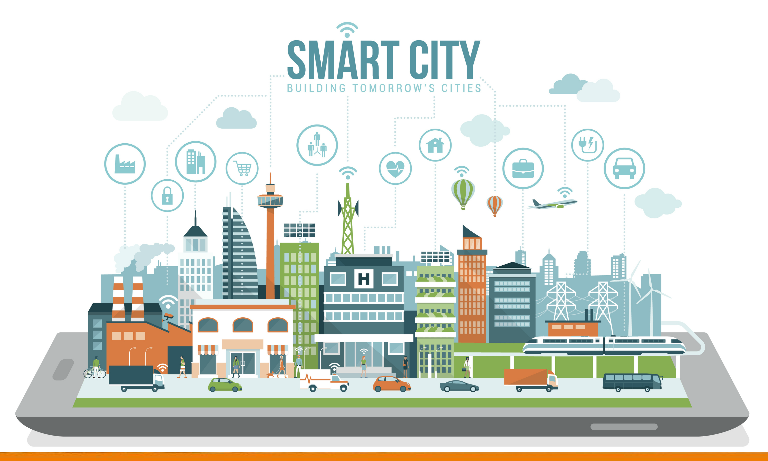
FleetStack for Smart City
Welcome to the Smart City page of Fleet Stack, where we explore the transformative role of GPS tracking software in building intelligent and sustainable cities. In this article, we delve into the numerous benefits and practical applications of GPS tracking technology, highlighting how it enhances urban management, transportation, safety, and sustainability for smart cities.
Intelligent Transportation Systems
GPS tracking software plays a vital role in developing intelligent transportation systems (ITS) within smart cities. By equipping vehicles with GPS-enabled devices, cities can monitor traffic patterns, optimize traffic flow, and provide real-time navigation guidance to drivers. GPS tracking software enables accurate vehicle tracking, congestion management, and efficient transportation planning. This improves commuting experiences, reduces travel times, and contributes to overall urban mobility.
Public Transit Optimization
Efficient and reliable public transit is a cornerstone of smart cities. GPS tracking software enables real-time tracking and monitoring of public transit vehicles, such as buses or trains. This information can be made available to passengers through mobile apps or digital signage, providing accurate arrival times and service updates. GPS tracking software empowers cities to optimize public transit operations, enhance passenger experiences, and encourage greater use of sustainable transportation options.
Emergency Services and Safety
GPS tracking software enhances emergency services and safety measures in smart cities. By equipping emergency vehicles, such as ambulances or fire trucks, with GPS-enabled devices, response times can be significantly reduced. Dispatchers can accurately locate the closest emergency resources and direct them to the scene promptly. GPS tracking software also assists in tracking and managing resources during emergency situations, improving overall public safety and emergency response effectiveness.
Infrastructure Monitoring and Maintenance
Effective monitoring and maintenance of city infrastructure are critical for sustainability and livability. GPS tracking software enables cities to track and monitor critical infrastructure assets, such as utility networks or waste management systems. By collecting real-time data on asset conditions, cities can schedule maintenance activities, detect potential issues, and optimize resource allocation. GPS tracking software helps cities maintain infrastructure integrity, minimize downtime, and ensure efficient use of resources.
Environmental and Energy Management
Sustainability is a key focus in smart cities. GPS tracking software aids in environmental and energy management efforts. By tracking vehicle emissions, energy usage, or waste collection routes, cities can identify areas for improvement and implement sustainable practices. GPS tracking software enables data-driven decision-making, facilitating energy conservation, emission reduction, and efficient waste management. It contributes to the overall environmental sustainability goals of smart cities.
Conclusion:
GPS tracking software is a cornerstone technology in building smarter cities, revolutionizing urban management, transportation, safety, and sustainability. By harnessing the power of GPS tracking technology, smart cities can optimize transportation systems, improve public transit, enhance emergency services, monitor infrastructure, and implement sustainable practices. GPS tracking software empowers cities to create livable, efficient, and environmentally-friendly urban environments, ensuring a better quality of life for residents.
